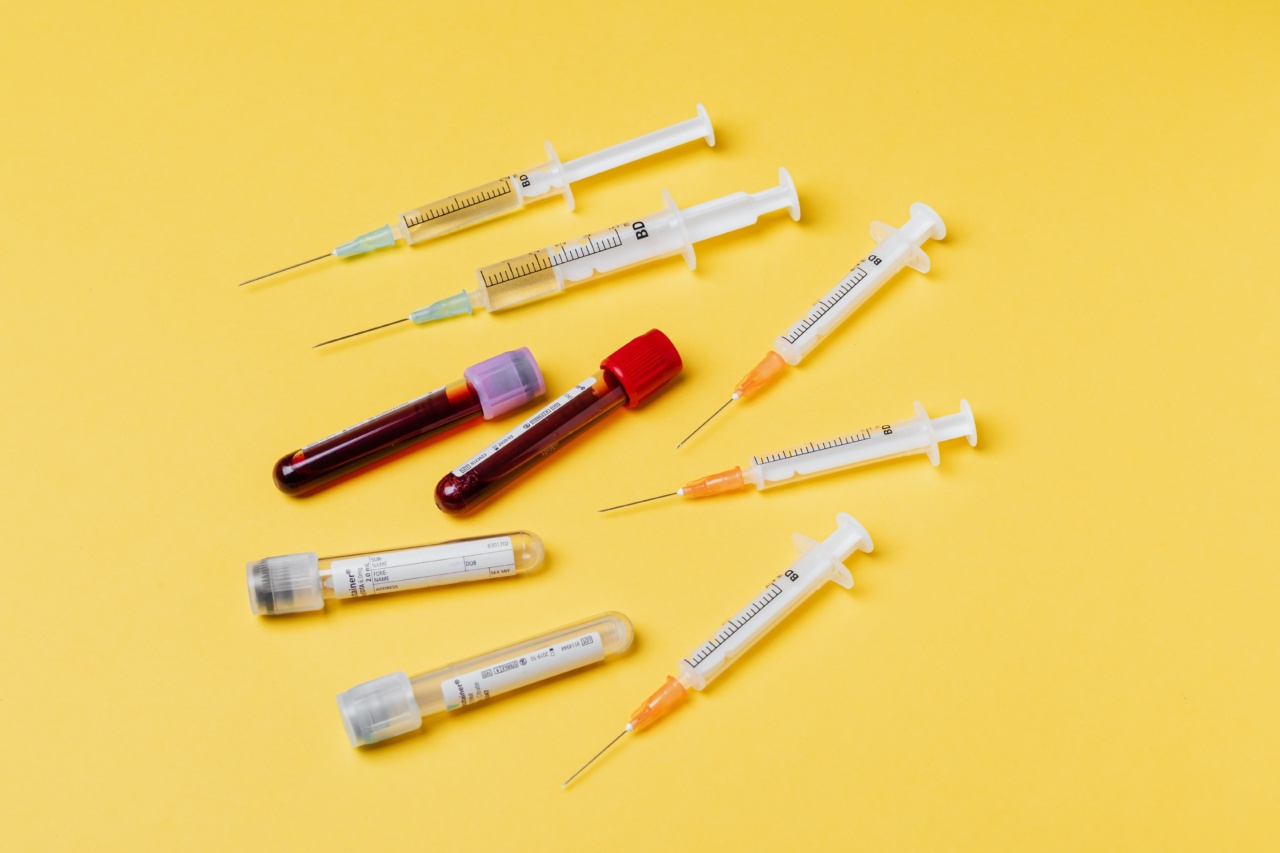High blood pressure, also known as hypertension, is a common condition that affects millions of people worldwide.
It occurs when the force of blood against the walls of the arteries is consistently too high, putting unnecessary strain on the heart and blood vessels. If left uncontrolled, high blood pressure can lead to serious health problems such as heart disease, stroke, and kidney failure.
However, by following these 7 commandments, you can significantly lower your risk of developing high blood pressure and maintain a healthy cardiovascular system.
1. Maintain a Healthy Weight
Excess weight is a major risk factor for high blood pressure. By maintaining a healthy weight, you can reduce the strain on your heart and arteries, lowering your risk of developing hypertension.
Aim to maintain a body mass index (BMI) between 18.5 and 24.9, and if you are overweight, consult with a healthcare professional to develop a personalized weight loss plan.
2. Follow a Balanced Diet
Your diet plays a crucial role in preventing high blood pressure. Focus on consuming a variety of nutrient-dense foods, including fruits, vegetables, whole grains, lean proteins, and healthy fats.
Limit your intake of sodium (salt), as excessive sodium can raise blood pressure. Instead, opt for herbs, spices, and other flavor enhancers to season your meals. Additionally, limit your consumption of processed foods and sugary beverages, which are often high in sodium and unhealthy fats.
3. Reduce Sodium Intake
Sodium is a major contributor to high blood pressure. Most people consume more sodium than they realize, as it is found in many processed and packaged foods.
Aim to limit your daily sodium intake to no more than 2,300 milligrams (mg), or even lower if you have certain medical conditions. Cooking at home using fresh ingredients and reading food labels can help you control your sodium intake more effectively.
4. Engage in Regular Physical Activity
Regular exercise is beneficial for maintaining a healthy heart and lowering blood pressure. Aim for at least 150 minutes of moderate-intensity aerobic activity or 75 minutes of vigorous-intensity aerobic activity per week.
Incorporate activities such as brisk walking, cycling, swimming, or dancing into your routine. Additionally, engage in muscle-strengthening activities at least twice a week to further enhance your cardiovascular health.
5. Limit Alcohol Consumption
Excessive alcohol consumption can raise blood pressure and also reduce the effectiveness of blood pressure medications. If you choose to drink alcohol, do so in moderation.
For men, this means consuming a maximum of two alcoholic drinks per day, while women should stick to just one drink per day. It’s important to note that one drink is equivalent to 12 ounces of beer, 5 ounces of wine, or 1.5 ounces of distilled spirits.
6. Quit Smoking
Smoking damages blood vessels and can lead to the development of high blood pressure. If you smoke, quitting is one of the best things you can do for your overall health.
Seek support from healthcare professionals, use nicotine replacement therapies, or join smoking cessation programs to improve your chances of successfully quitting. Quitting smoking will not only lower your blood pressure but also reduce your risk of heart disease, cancer, and other chronic illnesses.
7. Manage Stress
Chronic stress can contribute to high blood pressure. Find healthy ways to manage your stress levels, such as practicing relaxation techniques, engaging in physical activity, getting enough sleep, and connecting with loved ones.
Consider incorporating activities like yoga, meditation, deep breathing exercises, or mindfulness into your daily routine. If you feel overwhelmed or unable to cope with stress, seek professional help from a therapist or counselor.
Conclusion
Preventing high blood pressure is crucial for maintaining good cardiovascular health and reducing the risk of related complications.
By following these 7 commandments – maintaining a healthy weight, following a balanced diet, reducing sodium intake, engaging in regular physical activity, limiting alcohol consumption, quitting smoking, and managing stress – you can take control of your blood pressure and live a healthier life. Remember to consult with your healthcare professional for personalized advice and guidance on managing your blood pressure.































